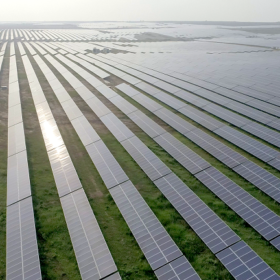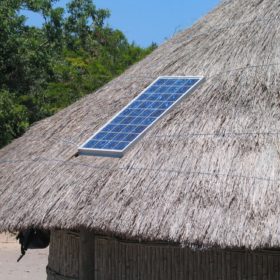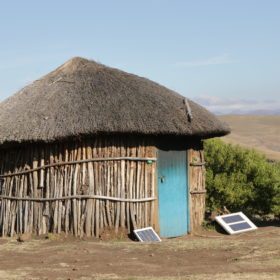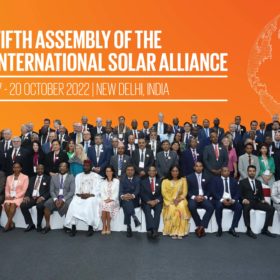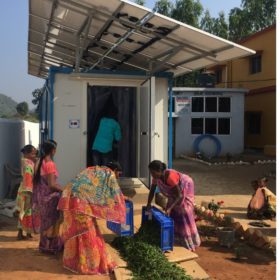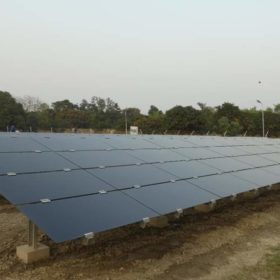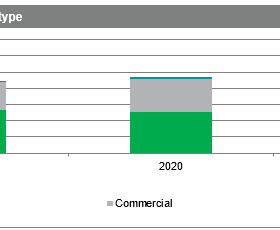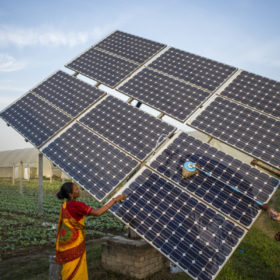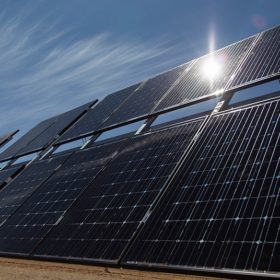India needs $300 billion to meet 2030 target of 500 GW non-fossil energy capacity
A new report by Arthur D. Little presents an integrated blueprint for India to achieve its true potential in the power sector with a focus on renewables.
EKI Energy, First Source launch climate edtech, finance venture
EKI Energy and First Source Energy have launched a joint venture entity that will drive focused educational initiatives while also mobilising funds from global markets for sustainable climate projects across the globe.
Off-grid solar continues to expand
The off-grid solar sector has shown resilience in the face of pandemic-related challenges, with 70 million people gaining access to electricity from early 2020 to the end of 2021. However, the ability to pay for solar energy kits has taken a hit.
ISA Assembly approves payment guarantee mechanism for solar projects in Africa
The fifth assembly of the International Solar Alliance (ISA) approved Solar Facility, a payment guarantee mechanism to mitigate risks associated with solar projects in Africa.
EKI Energy, ICAM launch $125 million climate impact fund
EKI Energy will invest up to INR 200 crore ($25 million) as an anchor investor in the fund with a deep focus on community development projects across remote locations in India and select countries in Africa, Asia and LATAM.
Employment in distributed renewable energy sector
A new report by Power For All says the commercial and industrial (C&I) sector will be a significant driver of job growth in the Indian distributed renewable energy sector in the next few years.
Husk Power Systems secures $6 million from EU-funded EDFI ElectriFI
Bihar-based Husk Power Systems will use $6 million of newly acquired funds to build solar hybrid microgrids in 80 communities in rural India. The renewables services provider already owns and operates more than 120 microgrids in India.
Shipments of module-level power electronics could hit 100 GW by 2026
IHS Markit said it expects the United States, Germany, and the Netherlands to be the top three markets for cumulative shipments of module-level power electronics in the 2022-26 period. Cumulative shipments are set to hit almost 100 GW by 2026.
Making India a manufacturing hub for solar-based, decentralized energy products
A new report by GOGLA highlights the opportunities and challenges in establishing local manufacturing and assembly of solar-based decentralized energy solutions in India. It also explores the actions needed to maximize available opportunities.
Jharkhand to install 4 GW of solar power generation capacity in five years
Under the Solar Energy Policy 2022, the Indian state tagets installing about 3 GW of utility-scale solar, 720 MW of distributed generation, and 280 MW off-grid capacity from fiscal 2022-23 to 2026-27.
